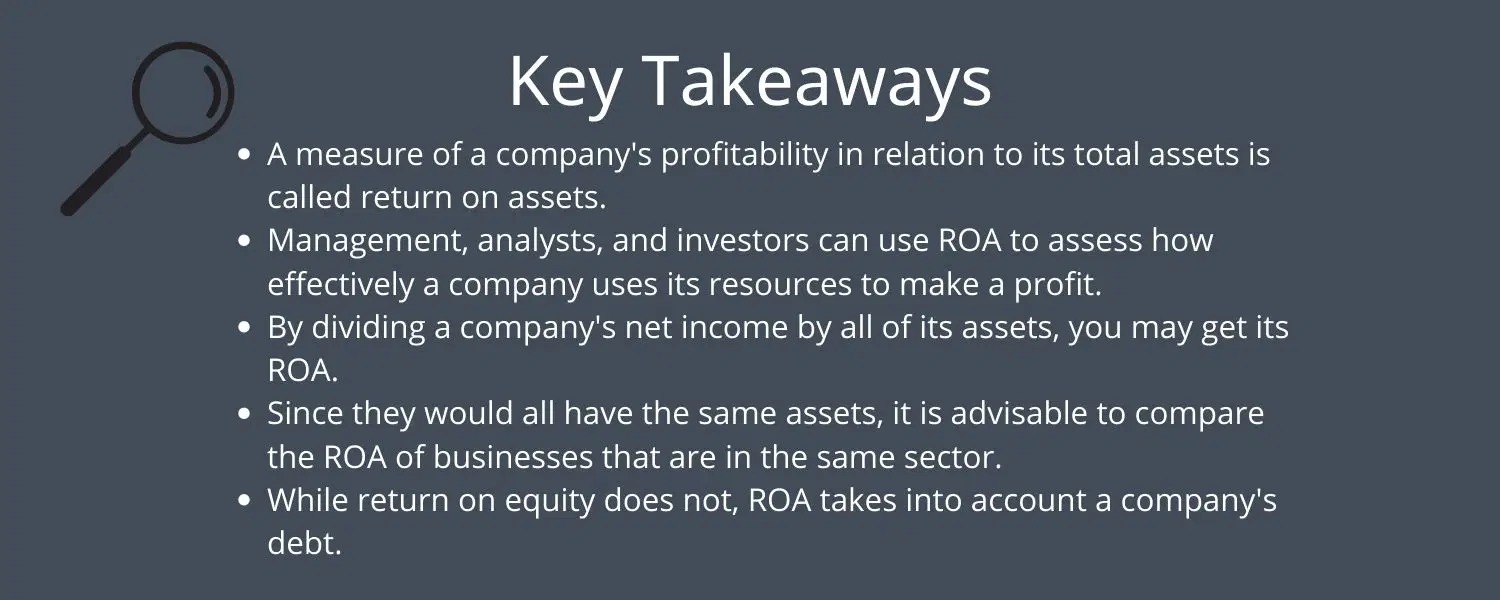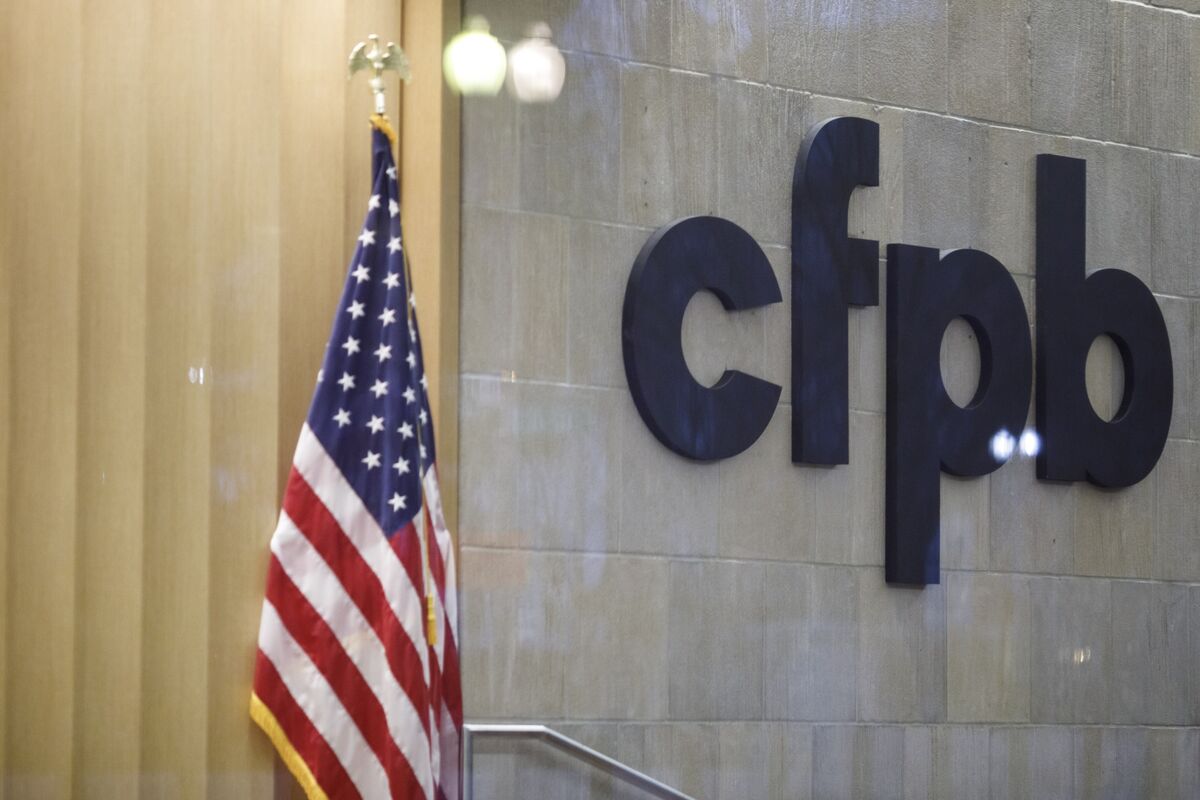

Finance
Follow-Up Action Definition & Example
Published: November 26, 2023
Discover what follow-up actions are in finance and how they are implemented. Learn more about the definition and examples of follow-up actions in the finance industry.
(Many of the links in this article redirect to a specific reviewed product. Your purchase of these products through affiliate links helps to generate commission for LiveWell, at no extra cost. Learn more)
Follow-Up Action: Definition and Example
Welcome to our Finance blog category! Today, we’ll be diving into an essential aspect of financial management that is often overlooked but can greatly impact your financial success – follow-up actions. Whether you’re an individual managing your personal finances or a business owner handling financial matters, understanding the importance of follow-up actions is crucial. In this blog post, we’ll define what follow-up actions are and provide examples of how they can be used to improve your financial outlook.
Key Takeaways:
- Follow-up actions ensure that tasks and financial commitments are addressed promptly
- Regular follow-up helps maintain financial accountability and effectiveness
What are Follow-Up Actions?
Follow-up actions refer to the steps taken after initial financial discussions, transactions, or commitments. They involve following through on financial agreements, keeping track of tasks, and ensuring that deadlines are met. By actively monitoring and following up on financial activities, individuals and businesses can maintain financial accountability and achieve their monetary goals.
Now, let’s take a look at a few examples that illustrate the importance and impact of follow-up actions:
Example 1: Personal Finance
Suppose you have recently met with a financial advisor to discuss your retirement plan. During the meeting, the advisor recommended specific investment options to maximize your savings. Here’s how follow-up actions can play a role in this scenario:
- Monitor Investments: After making the investment, regularly track the performance of your portfolio to ensure it aligns with your retirement goals. Set reminders to review and assess the investments periodically.
- Annual Retirement Plan Review: Schedule an annual follow-up meeting with your financial advisor to assess your progress, adjust investment strategies if needed, and make any necessary updates to your retirement plan.
Example 2: Business Finance
Imagine you’re a small business owner who recently signed a contract with a supplier for the regular delivery of raw materials. Here’s how follow-up actions can contribute to your business’s financial success:
- Invoice Validation: Regularly validate invoices received from the supplier to ensure accuracy and identify any discrepancies. Promptly address any issues to avoid overpayment or financial inaccuracies.
- Timely Payment: Establish a follow-up system to ensure timely payment to the supplier. Set reminders to review and process invoices, thereby improving your business’s relationships and reputation.
Final Thoughts
Follow-up actions are a vital component of effective financial management. By implementing regular follow-up practices, individuals can optimize their personal finances, and businesses can enhance their financial performance. Remember, consistently monitoring and addressing financial commitments and tasks can lead to improved accountability, increased financial efficiency, and ultimately, greater financial success.
So, don’t underestimate the power of follow-up actions in your financial journey. Start integrating them into your financial routine today for a brighter financial future tomorrow!














